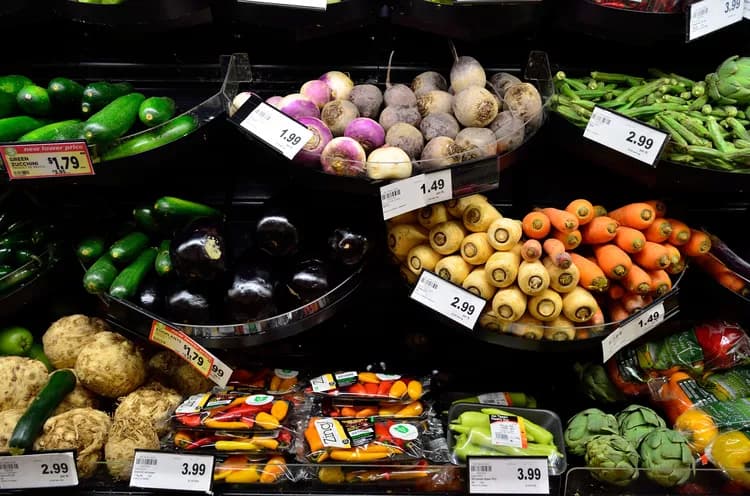The energy our body requires for its proper functioning is obtained from the various food and drinks we consume. The unit of energy measurement is calories. A number of calories a food item contains is based on its composition and is a factor of the carbohydrates, proteins, starch, and fats it contains. Consuming high-calorie foods regularly can cause weight gain, and eating daily below the calorie requirement level (values are given by the American Dietary Guidelines) can result in weight loss. In both cases of excess or deficient caloric intake, there are related health concerns. It has to be borne in mind that mere absolute values of calories alone do not indicate that the food type is nutritious and well-balanced.
These guidelines issued jointly by the U.S. Department of Health and Human Services (HHS) and the U.S. Department of Agriculture (USDA) take into consideration parameters such as age and sex of an individual and whether they are in an active or passive (inactive) physical activity state. Thus, the daily calorie requirement levels for the following groups are:
Girls and women:
- Children (2-13 year old): 1,000-2,200 calories per day
- Teenage (14-18 year old): 1,800-2,400 calories per day
- Adult (19 years and over): 1,600-2,400 calories per day
Boys and men:
- Children (2-13 year old): 1,000-2,600 calories per day
- Teenage (14-18 year old): 2,000-3,200 calories per day
- Adult (19 years and over): 2,000-3,000 calories per day
Generally, low-fat, less oil, and low-sugar food items have less calories than oily, fatty, and sugary foods. Some of the foods with very low calorific value include:
- Raw produce such as vegetables that include lettuce, celery, cucumber, carrots, and peas
- Fresh fruits that include peaches, grapefruit, watermelon, strawberries, apples, bananas, and papayas
- Multi-grain, whole-wheat, or pita bread
- Cereal, oats, and bran flakes, both regular and unenriched
- Sugar-free Jell-O made from gel, water, and sugar
- Whole-grain fruit bars with no added sugars
- Fish like haddock and tuna
- Dairy products such as skimmed (non-fat) milk, plain yogurt, and low-fat cottage cheese
By merely cutting down on high-calorie foods and only consuming low-calorie foods, one will not remain hungry; for feeling hungry or full is a factor of the quantity of food consumed. The simplest way to feel full and not increase calories is by cutting down on fats and oils and increasing fiber intake through fruits and vegetables, which are great low-calorie snacks. In addition to meeting the daily calorie requirement, it is also important to sufficiently meet the nutrition requirement (vitamins and minerals) that go into a well-balanced diet of healthy foods.
References:
https://www.nhlbi.nih.gov/health/educational/wecan/downloads/calreqtips.pdf (accessed on 01/11/2015)
http://www.cdc.gov/healthyweight/healthy_eating/energy_density.html (accessed on 01/11/2015)
http://www.nutrition.gov/shopping-cooking-meal-planning/food-shopping-and-meal-planning (accessed on 01/11/2015)
http://www.nhlbi.nih.gov/health/educational/lose_wt/eat/shop_lcal_fat.htm (accessed on 01/11/2015)
Helpful Peer-Reviewed Medical Articles:
Rolls, B. J., Drewnowski, A., & Ledikwe, J. H. (2005). Changing the energy density of the diet as a strategy for weight management. Journal of the American Dietetic Association, 105(5), 98-103.
Slavin, J. L. (2005). Dietary fiber and body weight. Nutrition, 21(3), 411-418.
Drewnowski, A. (2005). Concept of a nutritious food: toward a nutrient density score. The American journal of clinical nutrition, 82(4), 721-732.
Related Articles
Test Your Knowledge
Asked by users
Related Centers
Related Specialties
Related Physicians
Related Procedures
Related Resources
Join DoveHubs
and connect with fellow professionals


0 Comments
Please log in to post a comment.